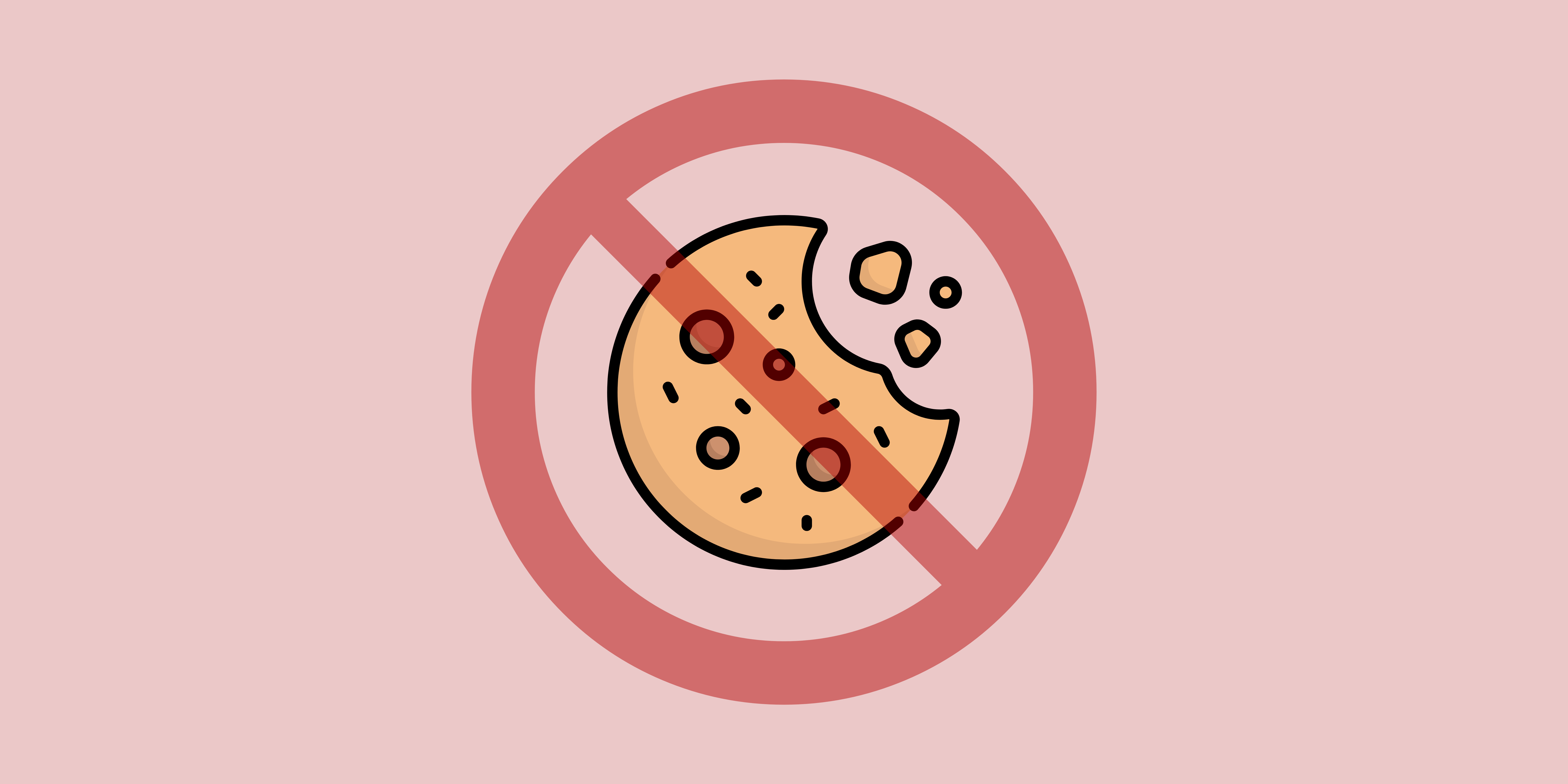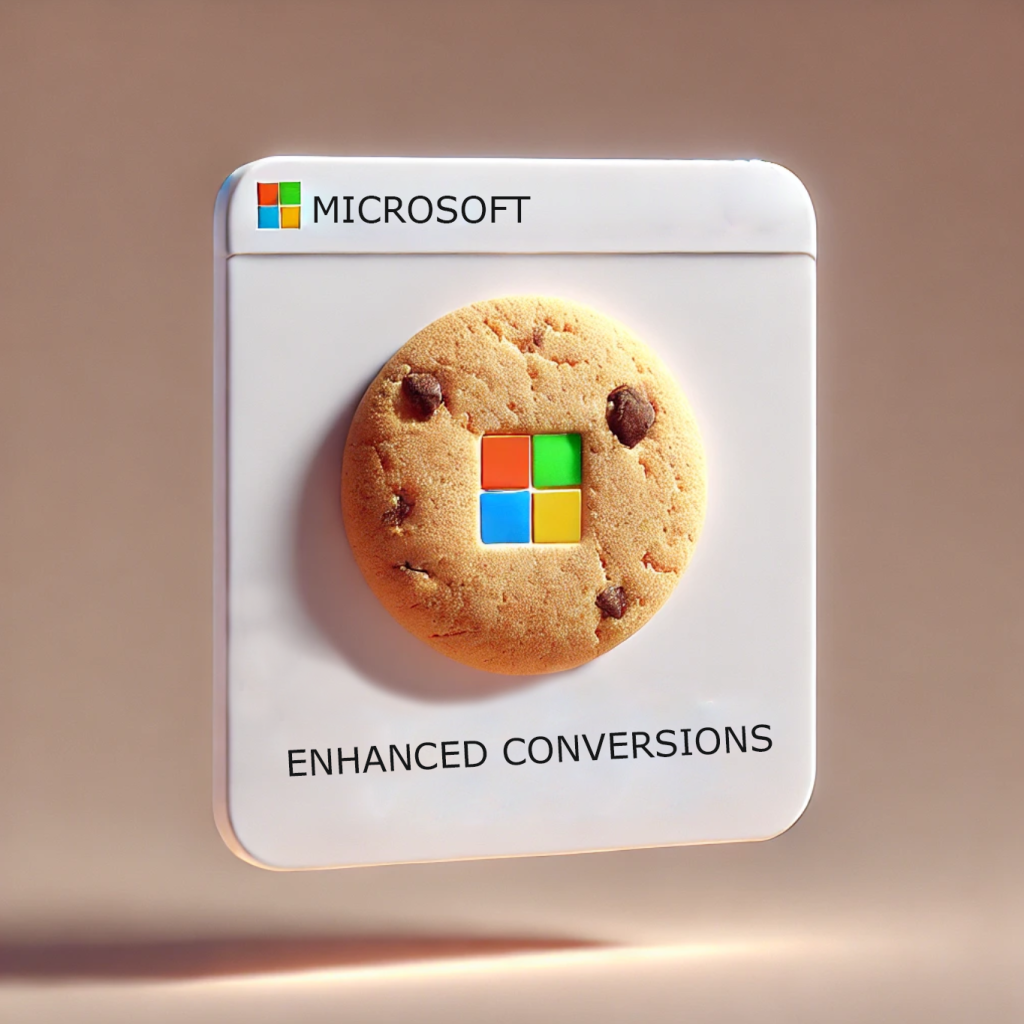
Are you worried about the constant changes and updates to online consumer privacy policies and how these are already impacting digital advertising and making it more difficult to track and measure campaigns effectiveness?
As users become more privacy-centered and as browsers begin to drift away from third-party cookies, it becomes crucial to take action soon and gain advantage over your competition.
But first things first, what are third-party cookies?
Third party cookies are tiny pieces of data stored in your browser that enable websites to remember your preferences and track your choices or behavior. Cookies have been the pillars of digital marketing for decades, allowing marketers to personalize content in landing pages, customize ads, and measure the effectiveness of campaigns. Without these, how are we going to get a reliable picture of a customer’s journey on our website? And more importantly, how do we know which marketing efforts are more valuable to us?
So, how do you thrive in a cookieless world?
With the upsurge of privacy regulations such as GDPR and the imminent death of third-party cookies, it’s not surprising that marketers are feeling the urge to rethink their strategies. Although the transition may seem overwhelming, it is an unprecedented opportunity for marketers to create more targeted campaigns that will correlate/connect better with their audience.
The best approach is probably to focus your efforts on first-party data, which is data collected directly from your clients. This could include satisfaction surveys, interviews, purchase history, etc.
First-party data can also be used for retargeting via ads. It will allow you to learn what your ideal customer looks like and how to reach out to new similar audiences.
If the implementation of first-party data still sounds a bit like science fiction to you, do not panic! There are small steps you can take to get your PPC campaigns ready on Facebook and Google.
We recommend the following to be implemented in your PPC campaigns.
Google Ads
1- Google Consent Mode: When user consent is granted, the associated Google tags will function normally. When consent for ad storage or analytics storage is denied, the associated Google tags deployed will adjust their behaviour accordingly, in order to not lose conversion data while still preserving the user’s privacy.
2- Google Analytics 4: Designed to work with or without cookies, it is based on user behaviour and events as a unit of measurement, and is the future of Google Analytics. It provides better attribution data and will be able to fill in data gaps that the “cookieless world” will leave behind.
3- Enhanced Conversions:
This feature improves the accuracy of your conversion measurement. It complements your existing conversion tags by sending hashed first-party conversion data (such as an email address, name, home address, etc) from your website in a “privacy safe” way, and this is then used to match your customers.
We recommend that advertisers become early adopters of Conversions API to comply with changes in consumer privacy norms and to better understand and prepare for the evolving landscape.
Finally We would also recommend staying up to date with new developments on platforms’ measurement solutions.
Are you still concerned? Worry no more, and let’s see how we can help you. ????

